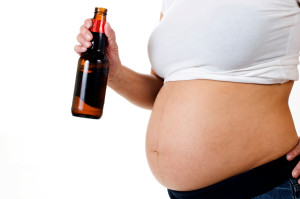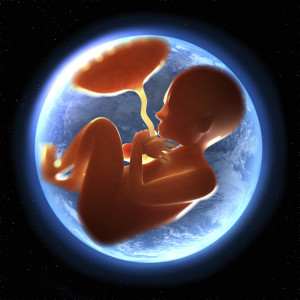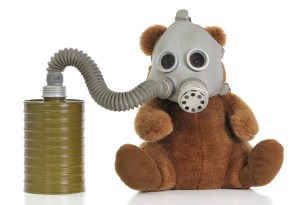
Many U.S. Women of Child-Bearing Age Use Opioid Painkillers: CDC Warns about Birth Defects
A report released earlier this year by the Centers for Disease Control and Prevention states that close to one-third of all American women of reproductive age got an opioid painkiller prescription filled each year from 2008 to 2012. This is of concern to health authorities because these medicines are known to cause serious birth defects.
Read More







